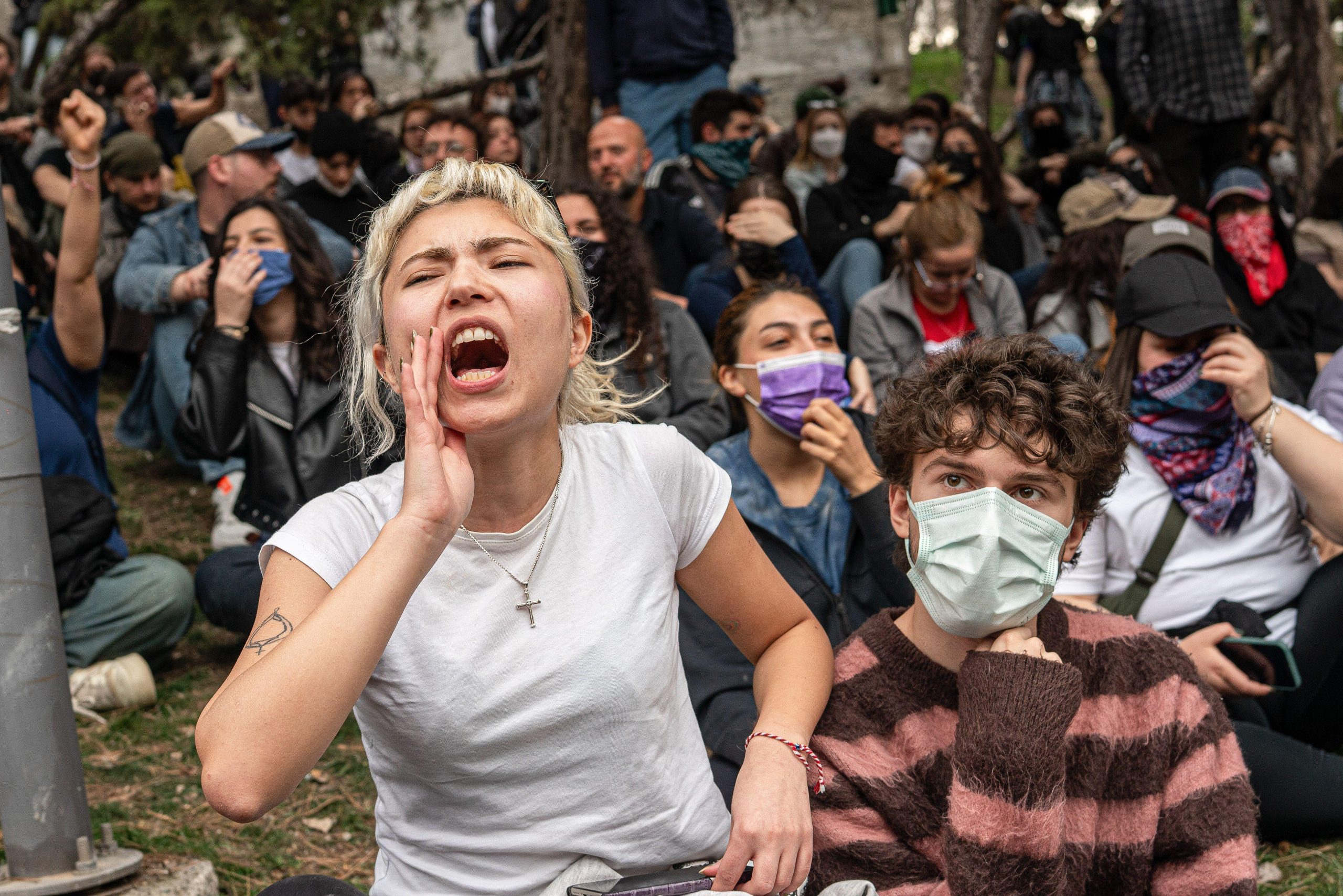Judging by sales figures, Turkish readers love comics magazines and graphic novels, but the political and military leaders of the country have had little patience for them, an examination of Turkey’s banned books revealed last month.
On 5 January 2013, the Turkish government will lift bans against 453 books and 645 periodicals blacklisted over a 63 year period. It is part of a package of judicial reforms that will also offer a conditional pardon for certain media and freedom of expression offences and secure greater free expression in the publishing field.
 When Turkish journalists got hold of the astonishing list of banned books at the end of November, a surprise awaited them. Amid titles of works by “usual suspects” — Karl Marx, Friedrich Engels, Vladimir Lenin; Turkish authors Nazım Hikmet and Aziz Nesin; and the theologian Said Nursî — the figure of Captain Miki (or “Tommiks” as he is known here) made an unexpected appearance. One episode among the adventures of the Italian hero, who has been popular with Turkish readers since the 1950s, was banned for more than 52 years, they learned.
When Turkish journalists got hold of the astonishing list of banned books at the end of November, a surprise awaited them. Amid titles of works by “usual suspects” — Karl Marx, Friedrich Engels, Vladimir Lenin; Turkish authors Nazım Hikmet and Aziz Nesin; and the theologian Said Nursî — the figure of Captain Miki (or “Tommiks” as he is known here) made an unexpected appearance. One episode among the adventures of the Italian hero, who has been popular with Turkish readers since the 1950s, was banned for more than 52 years, they learned.
So how exactly did Captain Miki offend Turkish state? The Prosecutor’s report revealed that a single issue of Captain Miki’s adventures was banned in 1961, months after the 27 May 1960 military coup took place. The generals, who hung a democratically elected prime minister the same year, accused Captain Miki of having encouraged laziness and a “spirit of adventurousness” among Turkish people.
When I called MK Perker, one of Turkey’s most prolific comic book authors, to ask about Captain Miki’s tragic fate, he didn’t sound much surprised. In 2011, Perker and a group of famous Turkish comic writers published Harakiri, a high quality comics magazine which was fined the Turkish equivalent of 50,000 GBP after putting out only two issues. They were accused of precisely the same offence: Encouraging laziness and a spirit of adventurousness among Turkish people.
“Some people spy on comics magazines,” he said, “and then complain to prosecutors about certain images they find disagreeable. These are mostly random events. You can’t foresee them. A magazine publishes content similar to ours and nothing happens. But just because someone picks on you and files a complaint, you end up getting in trouble.”
Perker, whose comics appear weekly in the Sunday supplements of two national newspapers, said he regularly feels the need to self-censor his own work. “For my newspaper pieces, I need to be cautious,” he said. “But in places like Harakiri I feel more free. We don’t have a boss at the magazine. We don’t have to show our work to an editor. We don’t run any advertisement so there is no fear of ever losing our artistic independence. Harakiri is like HBO [the American cable television network] when compared to comic sections of national newspapers,” he said.
Despite the 50,000 GBP fine in 2011 putting an end to his happy days of artistic independence, Perker and his friends put out a third issue earlier this year.

Credit: Habertürk
Perker, whose works appeared in the New Yorker, Mad Magazine, the New York Times, the Wall Street Journal, the Washington Post and Heavy Metal among others, began his career at the Turkish cartoon magazine Gırgır, which used to sell half a million copies in its heyday during the 1970s. I asked Perker whether things got better in terms of freedom of expression since his days in Gırgır.
“Censorship always existed in Turkey,” he said. “It is a very consistent phenomenon. After the 12 September 1980 coup d’état, Gırgır was shut down by the military junta. Markopaşa, the weekly satirical magazine published by the Turkish author Sabahattin Ali, was closed numerous times. Its publishers had to sell the magazine personally on streets because there was simply no other way to distribute it,” he said.
In Ottoman times, under rule of Sultan Abdul Hamid II, cartoonists and comic writers faced similar problems. Perker points out that when the Sultan’s pointed nose became a subject of cartoons, a ban was issued against newspapers running such images. He says:
The Sultan’s nose became a metaphor for government. Depictions of all pointed noses were outlawed. Comic magazine publishers had to go to Geneva in order to continue their publishing operations.
According to Perker, despite the pressures on their activities, the influence of comic magazines continue to be a force in Turkey’s cultural life. The political response to weekly comic magazines has even become a subject for debate in government.
In 2005, Prime Minister Recep Tayyip Erdogan sued Penguen magazine when it published a cartoon that depicted him as an elephant, giraffe, monkey, camel, frog, snake, cow and duck. Erdogan lost the case on free expression grounds. While some parliamentarians sue cartoonists in courts, others, like the deputy prime minister Bülent Arınç said he wanted all cases against cartoonists dropped and expressed his support in 2010.
This is a feeling shared by Kürşat Kayra, the Ankara prosecutor who prepared the legal documents that lifted bans placed on hundreds of books, newspapers and periodicals:
If we don’t acknowledge that the right to freedom of expression is a fundamental human right, then we won’t be able to say ‘the king is naked!’ when the occasion arises.
Kaya Genc is a Turkish essayist and novelist. Follow him on Twitter: @kayagenc





